Industrial Automation & Sensors Blog
Is Peter Thiel Wrong About the Future?
Last night I had the pleasure to listen to Peter Thiel speak during an interview with Tom Ashbrook on the NPR radio show, On Point. The recording is available online. Thiel is a Silicon Valley visionary, originally co-founding PayPal (which spun off of Ebay today) with Elon Musk, and eventually moved on to invest in Facebook when it was smaller than the then rival Myspace. Peter is a techno-libertarian and argues that the human race has entered a period of stagnation and will ultimately flame out unless significant technological advances can be made.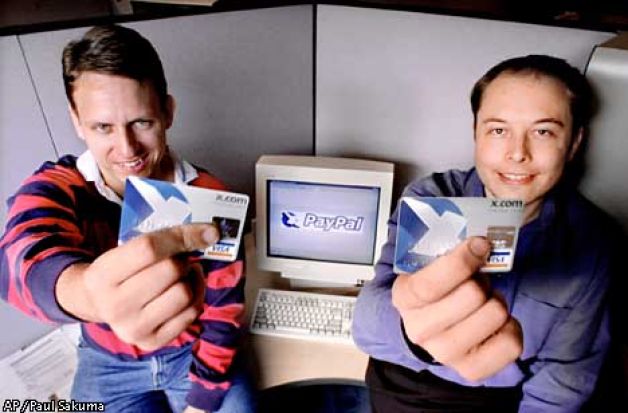
While I agree with many of Peter Thiel’s views, including the danger of an overly-complacent general public, I believe he is too pessimistic. It is true that the future is not automatic; it takes inspired people and action in order to drive change. I would contest that this change is happening every day. American and global culture in 2014 is radically different than it was 10 or even 5 years ago. New innovation such as the proliferation of smartphones and the internet has dramatically raised human productivity in both the workplace and at home. It is surprising that Peter, co-founder of the first company to send money by email, no longer carries the enthusiasm about the internet that he once had.
The internet and worldwide connectivity is a truly remarkable phenomenon. While used mostly for entertainment in the US, the internet is the primary tool for education, trade, and communication in many countries, most notably China. The stagnation, static wages, and lack of progress that Peter references is due to the general public’s failure to fully embrace and understand this technology. Soon the Internet of Things will encompass all aspects of everyday life as more devices can connect and communicate in ways that benefit all people. This is one of Peter’s main pitfalls in his logic; he argues that technological advances have only been evident in computers. The next 10 years will see dramatic and efficient changes to energy, transportation, and education as the world becomes connected by billions of smart devices. The internet will continue to dramatically change our way of life.
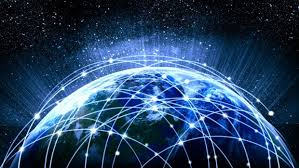
While the internet is a great tool for education, nothing can beat a book. Most recently I have been reading “Public Sector Economics” by Richard Tresch. This is a textbook that purports that once a solution becomes economically viable it will be provided to the marketplace by either the government or the private sector. Peter references the 1940-1970s period as a great time for technological advancement and at this time the government was the primary driver for that change. Since then, democracy and the US government’s attempt to be all things to all people has shifted the focus of the legislation from the future to the present. Corporations now take the lead in innovation and have been doing well. Private enterprises such as AOL and Microsoft were able to bring the internet from a government network to a world wide web of connected people, ideas, and things.
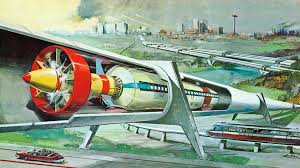
One of Thiel’s main contentions with modern innovation is the incremental nature of the progression. Products do not leap into existence and are largely just an update of a previous model. The increments now are increasingly more expensive to achieve which is why it may appear that change is slowing down. I would posit that this is a false notion. Technology and innovation must build upon previous paradigms; this is natural and cannot be circumvented. Humans learn from previous generations and the current scientific workforce are the most knowledgeable in history. Today’s theoretical physicist’s knowledge of the universe would surely surprise and surpass even Einstein, is this not dramatic progress? I would also point to Elon Musk’s Spacex. Reinventing rocket science from the 1960’s is incredibly more difficult without the previous blueprints to work off of. So what is Peter Thiel really asking for then? What does he want us to do better or differently?
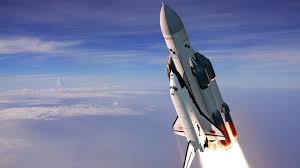
I believe Peter has become uninspired himself. He is disillusioned by the bureaucratic nature of our government and the potential progress that is being squandered. I would remind Peter that more than 95% of the population do not have the capacity to embark on challenges that are both meaningful and difficult. This tilts the democratic structure to lean more heavily towards enforcing the status quo. I would argue that the status quo is not as bad as some of Peter Thiel’s dire projections. Only about 5% or so of the society will ever contribute to its betterment, this has never changed. Not everyone can be a great scientist, inventor or successful entrepreneur. It takes luck, skill, and determination.
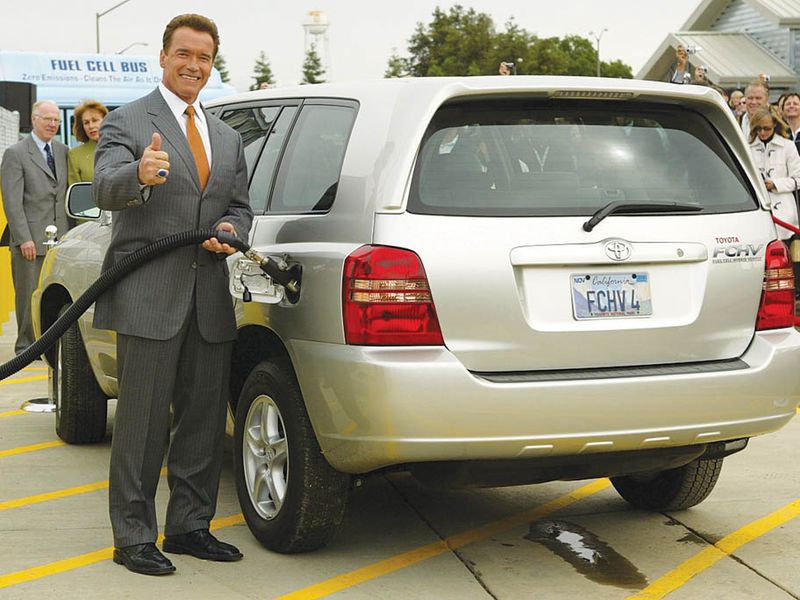
Peter should stop challenging the public and challenge himself to invest in the change he would like to see. There are radical developments happening right now within the realm of automation. Driverless cars are becoming a reality; however the trend must follow the proper progression. Cars have moved from park assist to highway lane assist to collision detection and will soon have automatic traffic assist for driving in bumper to bumper conditions. Surely even the most pessimistic investor can see the end game.
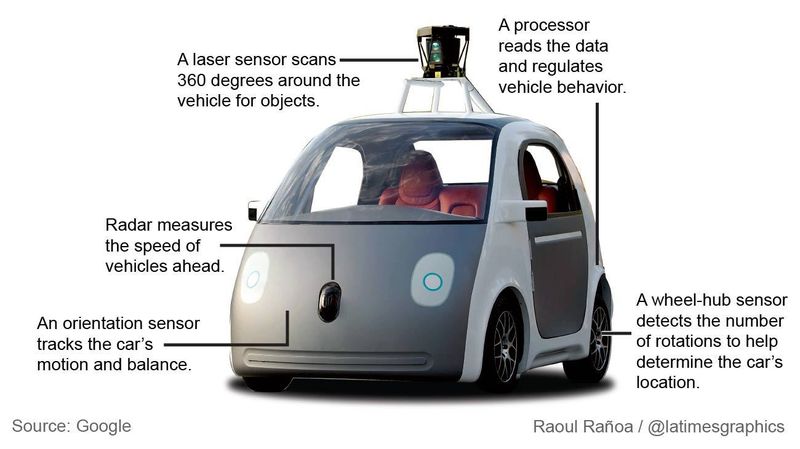
Peter and his cohort Elon Musk have also failed to support the adoption of fuel cells as a viable alternative to lithium batteries. The 2015 Hyundai Tucson will be one of the first hydrogen-powered cars to be released to the market. The Tucson will be able to traverse the California hydrogen highway, a government funded infrastructure project. Hydrogen fuel cells are also becoming profitably viable in other markets including material handling and distributed power systems. These solutions make much more sense in Europe and Asia where there are considerably less options for cheap, distributed energy. PEM fuel cells have more power density, refuel quicker, and produce less harmful waste materials during the manufacturing process compared to lithium batteries. Musk and Tesla seem to have been digging their heels in on this one in an effort to drive down cost by incremental advances in economies of scale. Is this not exactly what Peter Thiel is arguing against?
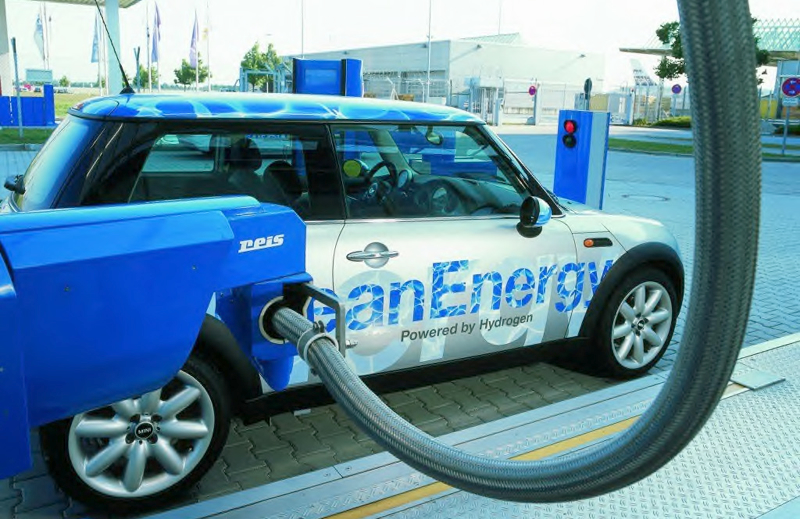
Overall, the discussion between Peter and Tom during the On Point segment was most enjoyable. Thiel is a gravitating force within the investment and technology landscape and I believe he should be listened to. I do not support all of his ideas, especially his pessimistic view of the state of innovation, the progress gained over the last 40 years, and his outlook for the future. The US is embarking upon a time of relative consistency following two deep recessions; interruptions to the status quo. Significant change will be realized if the central banks can keep the world on track for the next 10 or 20 years. So far, everything looks positive as US domestic energy will lead to a renaissance in manufacturing and innovation. During this time, I would challenge Peter Thiel to seek out new investment in technology related to manufacturing as the internet reshapes this critical component to the global economy. The internet is a powerful, and often times misunderstood tool; it is still new and the full potential will not be realized for some time. Hopefully Peter and the masses can learn to use this tool in more efficient ways which will lead us all closer to a technologically integrated utopia.